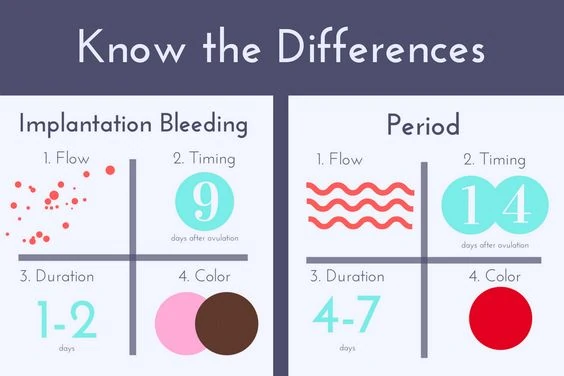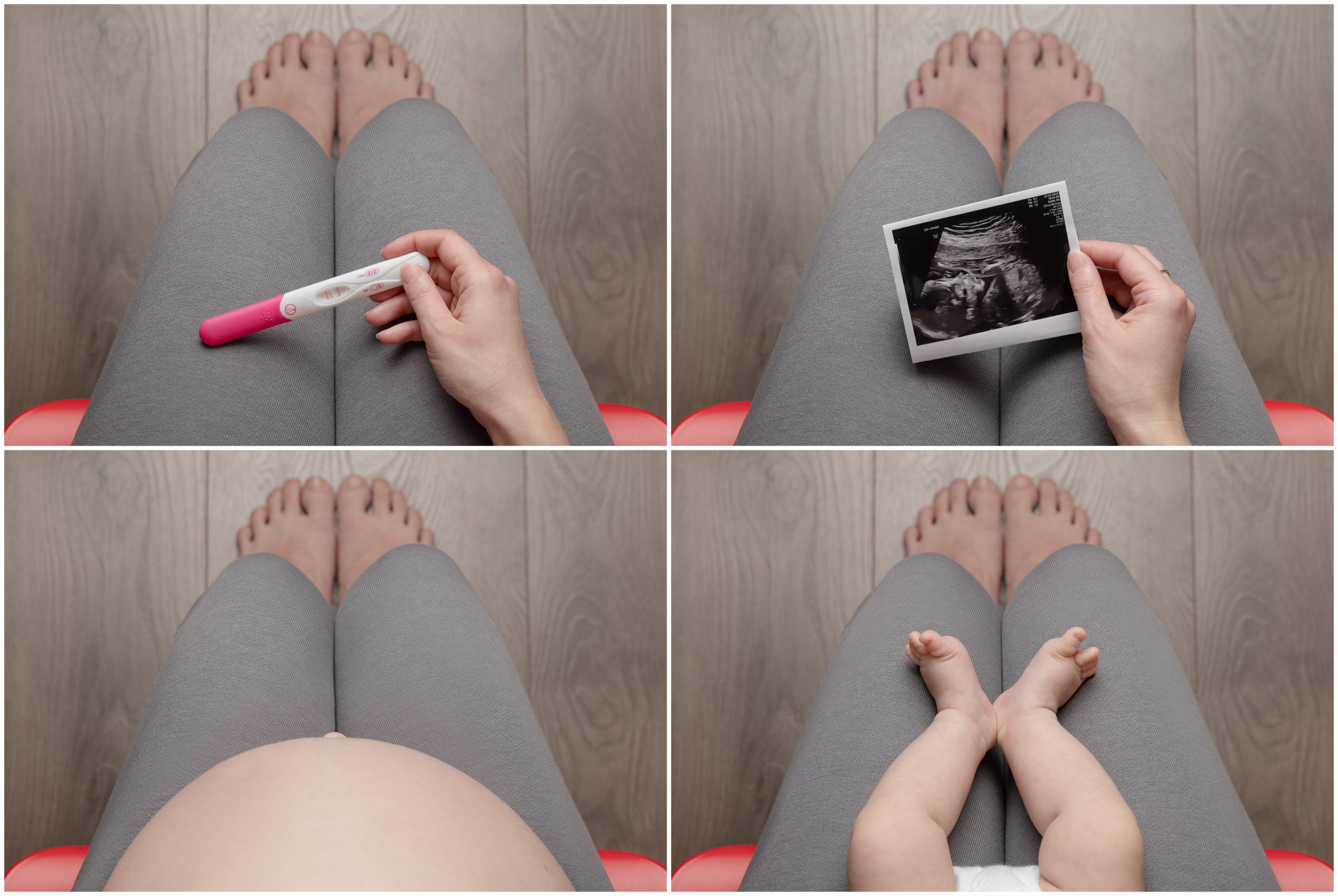Implantation bleeding is a term used to describe light bleeding that occurs when the fertilized egg, also known as an embryo, implants itself into the uterus lining. This process can disrupt some of the minuscule blood vessels within the uterus wall, leading to minor bleeding. It is one of the earliest signs of pregnancy and is often confused with menstruation due to its timing.
When Does Implantation Bleeding Take Place?
Implantation bleeding typically occurs between 10 to 14 days post conception. This is when the embryo journey downs the fallopian tubes and implants itself into the uterus. This is around the time when a woman’s menstrual cycle is due, which is why it is often mistaken for an early period. The exact timing can vary, but implantation bleeding generally takes place around six to 12 days following the fertilization of the egg.
The Prevalence of Implantation Bleeding
Approximately a third of pregnant women experience implantation bleeding. It’s considered a normal part of pregnancy and is not typically a cause for concern. However, not every woman will experience this symptom. Some may miss it completely or mistake it for a light period due to its timing and nature.
Implantation Bleeding Vs. Menstrual Period
Implantation bleeding and menstrual periods, although similar in timing, are two distinct phenomena. While menstrual bleeding is generally heavier and involves the shedding of the entire uterine lining, implantation bleeding is lighter and involves only a small spot where the egg is implanting.
Characteristics of Implantation Bleeding
Implantation bleeding has several unique characteristics that distinguish it from a regular period. The primary differences lie in the color, clotting, and amount of bleeding.
- Color: The color of implantation bleeding typically ranges from light pink to dark brown, unlike the bright to dark red color of menstrual bleeding.
- Clotting: Implantation bleeding usually does not present any clots, which is a common feature in some women’s menstrual flow.
- Amount: The amount of bleeding during implantation is significantly less than that of a regular period. It is usually only a light spotting or a minor flow rather than a full flow.
Duration of Implantation Bleeding
The duration of implantation bleeding can vary from a few hours to three full days. It is typically shorter and lighter than a regular menstrual period. If the bleeding lasts for more than three days and involves a full flow of blood, it is unlikely to be implantation bleeding.
Reasons Behind Implantation Bleeding
Implantation bleeding happens as a result of the embryo embedding itself into the uterus wall. This process can break down some blood vessels within the uterus wall, causing some bleeding. This event usually occurs 10-14 days after conception, which is another reason why it is often mistaken for menstruation.
Possible Concerns Regarding Implantation Bleeding
Implantation bleeding should not be a cause for worry and should pose no real risk to the developing baby. However, if you experience bleeding or spotting more than a few days after your missed period, it is not likely to be implantation bleeding. Major concerns usually arise after the missed period and are rarely related to implantation.
Uncertainties Regarding Implantation Bleeding
If you are unsure whether the bleeding you are experiencing is due to implantation or menstruation, the recommendation is to wait three days after the bleeding or spotting stops before taking a pregnancy test. Tests taken too early, such as during implantation bleeding or before a missed period, may not provide conclusive results.
Next Steps After Experiencing Implantation Bleeding
If you have experienced implantation bleeding and have taken a pregnancy test that returned a negative result, there is a good chance that you are not pregnant. However, if you have been trying to conceive and have noticed implantation bleeding, it could be an early sign of pregnancy. In such cases, it is advised to consult with a healthcare provider for further guidance.

Disclaimer: This article is for informational purposes only. It is not a substitute for professional medical advice, diagnosis, or treatment. Always seek the advice of your physician or other qualified health provider with any questions you may have regarding a medical condition.



